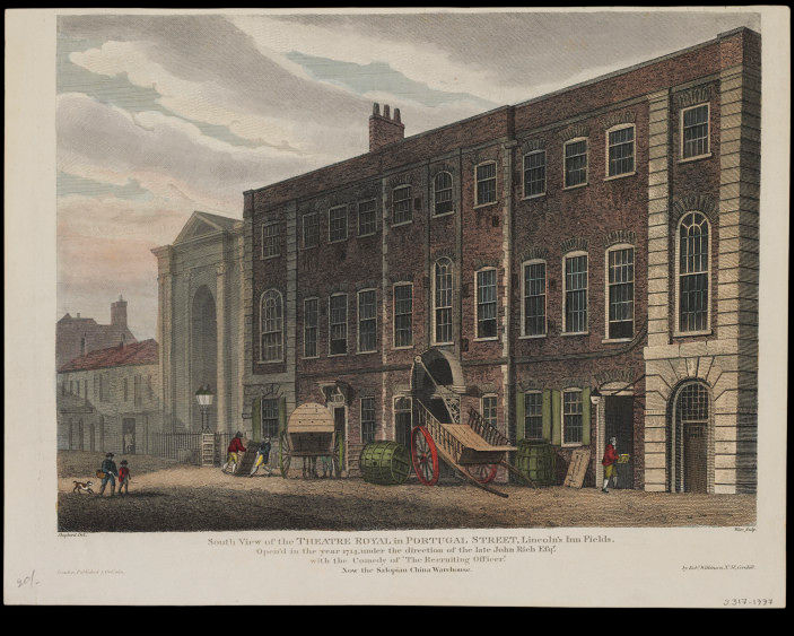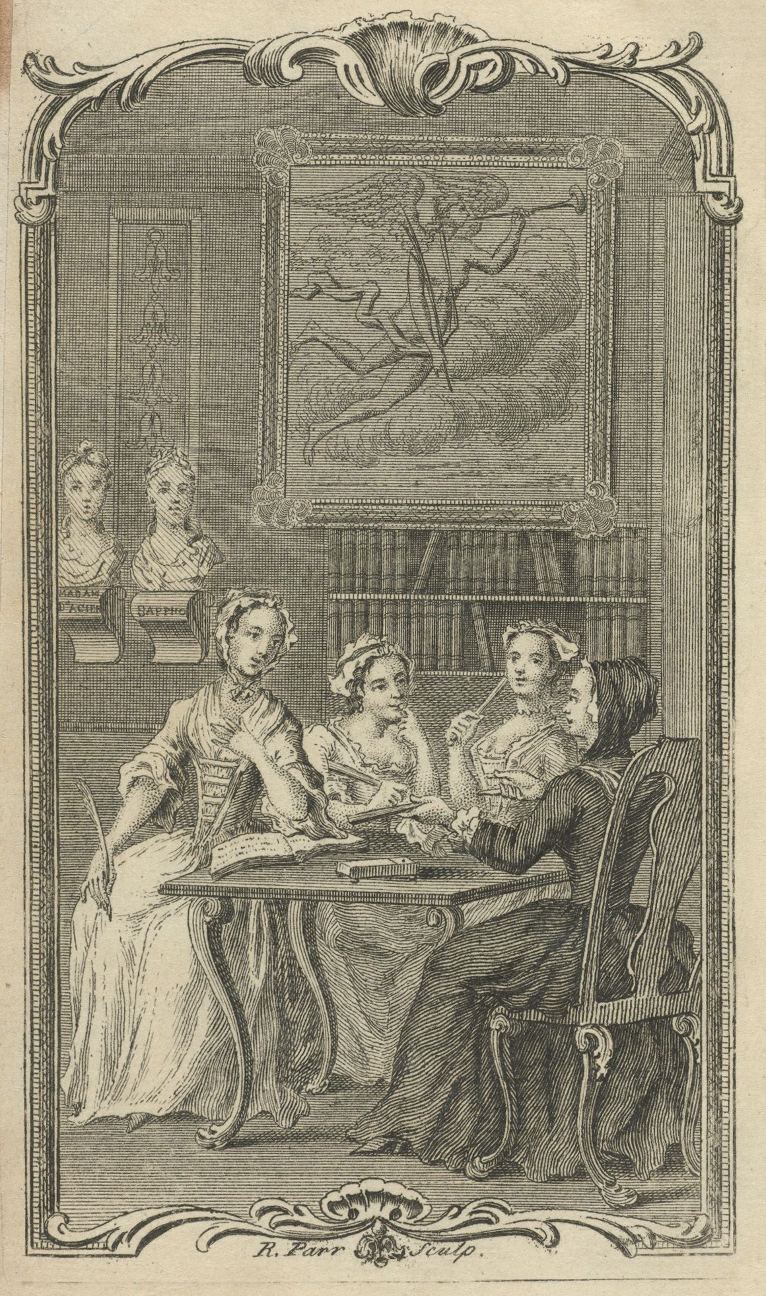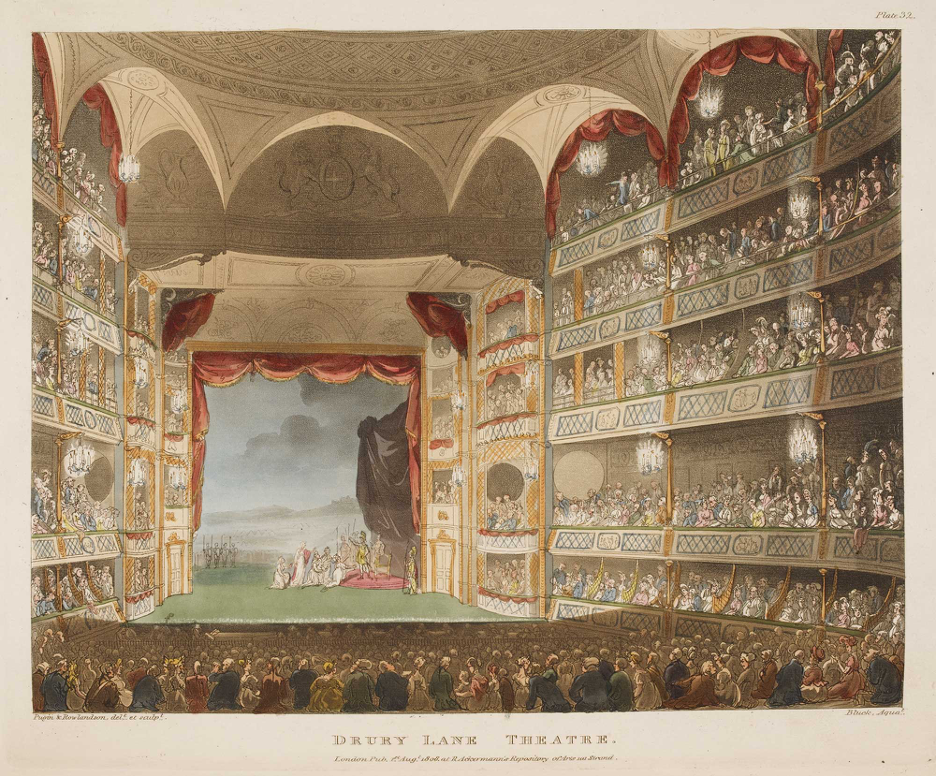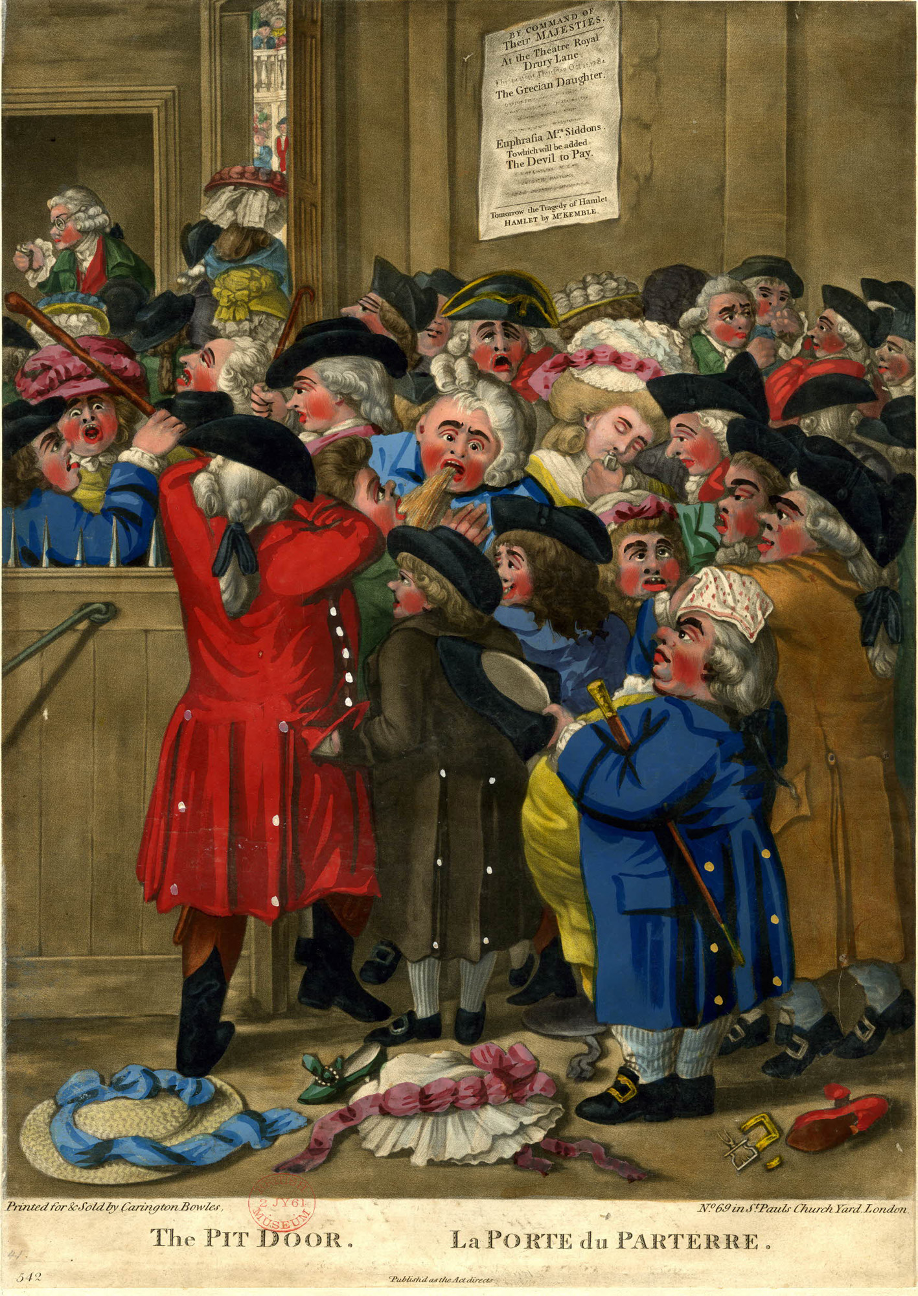The World of Fantomina
Eliza Fowler Haywood (c. 1693-1756)

Eliza Fowler Haywood was a successful actress, publisher, bookstore owner, and one of the eighteenth century’s most popular and prolific authors. Little is known about her life. Her first biographer, David Erskine Baker, wrote in 1764: “As to the circumstances of Mrs. Haywood’s life, very little light seems to appear.”[1] According to another of her contemporaries, she charged someone who knew her well “not to communicate to any one the least circumstance relating to [her life].”
Tantalizing hints of her past can be gleaned from her writings. She claims to have had an education “more liberal that in ordinarily allowed to Persons of my Sex.”[2] In a letter she alludes to an “unfortunate” marriage, and she claims that the “Sudden Deaths of both a Father and a Husband” converted her inclination to write into “a Necessity.”[3] Fowler had two children out of wedlock, fathered, perhaps, by collaborators Richard Savage and William Hatchett, the latter her partner for twenty years.
Haywood published the Female Spectator, the first periodical written by a woman for women.

Theater
Fantomina is all about performance—a subject that Haywood knew all about. She made her debut as an actress in 1715, playing Chloe in Timon of Athens; or, the Man-Hater.
Appropriately enough, Fantomina opens in a London playhouse, perhaps Drury Lane (pictured below). As a “young Lady of distinguished Birth,” Haywood’s heroine occupies one of the Boxes, which affords good views of the stage.


Mastery Check
- How, besides by writing, did Eliza Haywood earn a living?
- What periodical did Haywood publish?
- What do we know about Haywood’s life?
- What about Haywood’s life is unconventional?